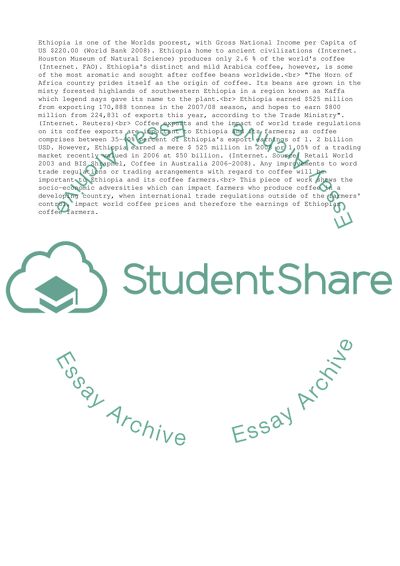Cite this document
(“International Trade Master Essay Example | Topics and Well Written Essays - 2250 words”, n.d.)
International Trade Master Essay Example | Topics and Well Written Essays - 2250 words. Retrieved from https://studentshare.org/business/1523061-international-trade-master-essay
International Trade Master Essay Example | Topics and Well Written Essays - 2250 words. Retrieved from https://studentshare.org/business/1523061-international-trade-master-essay
(International Trade Master Essay Example | Topics and Well Written Essays - 2250 Words)
International Trade Master Essay Example | Topics and Well Written Essays - 2250 Words. https://studentshare.org/business/1523061-international-trade-master-essay.
International Trade Master Essay Example | Topics and Well Written Essays - 2250 Words. https://studentshare.org/business/1523061-international-trade-master-essay.
“International Trade Master Essay Example | Topics and Well Written Essays - 2250 Words”, n.d. https://studentshare.org/business/1523061-international-trade-master-essay.


